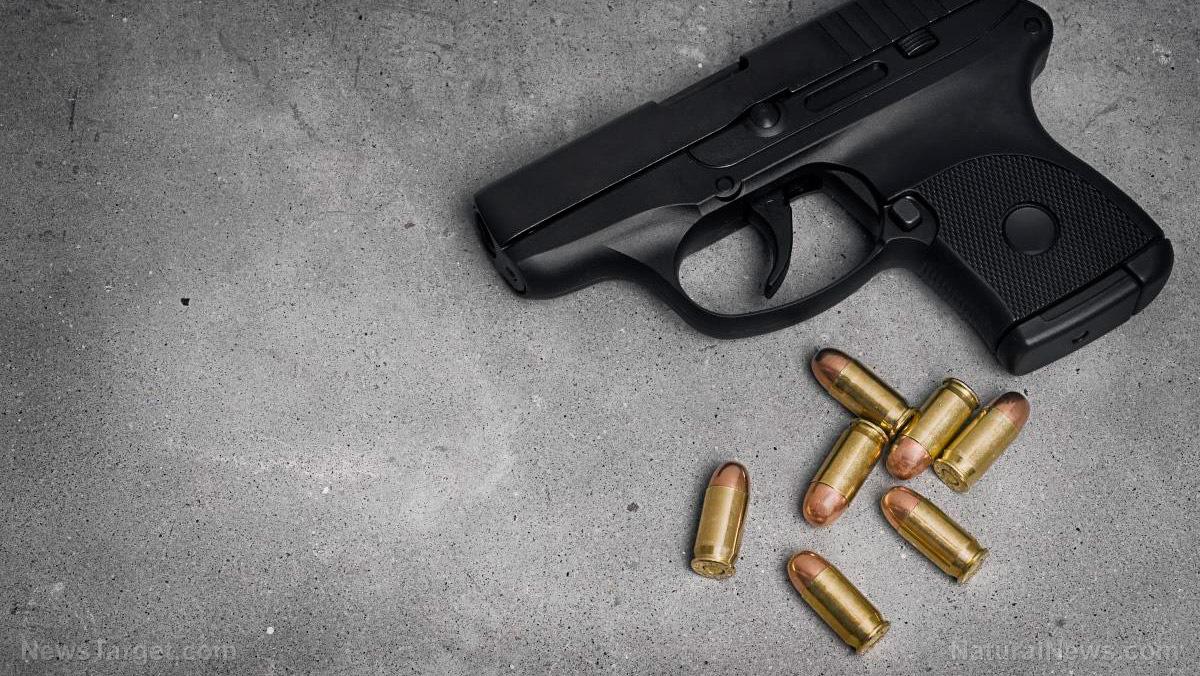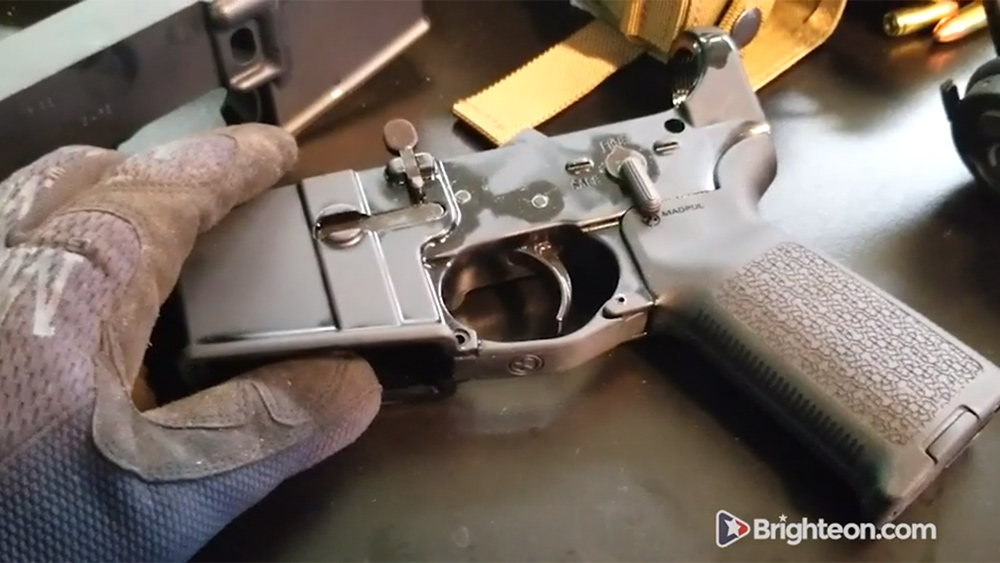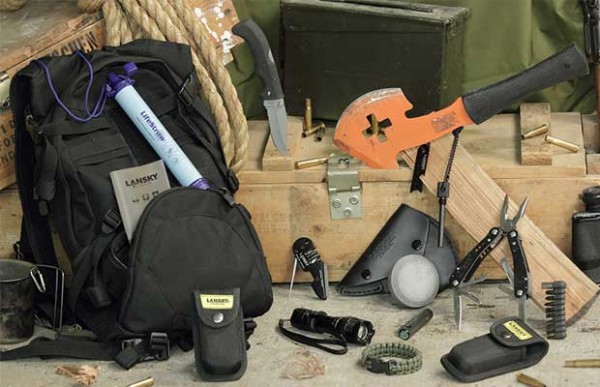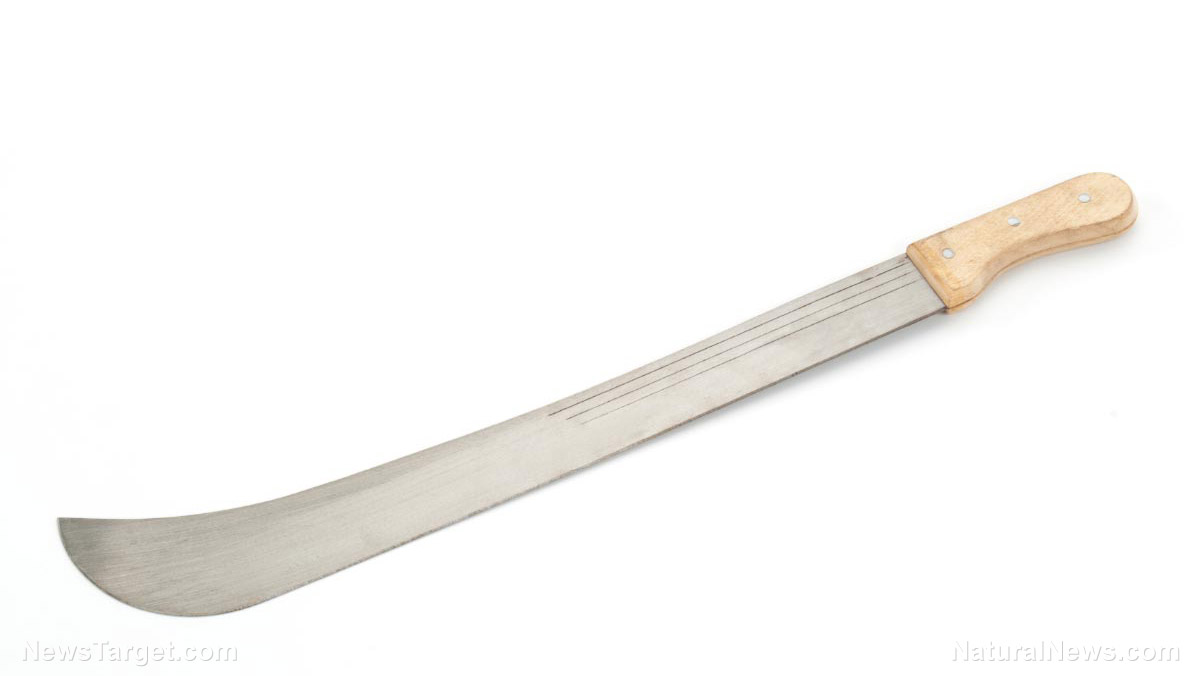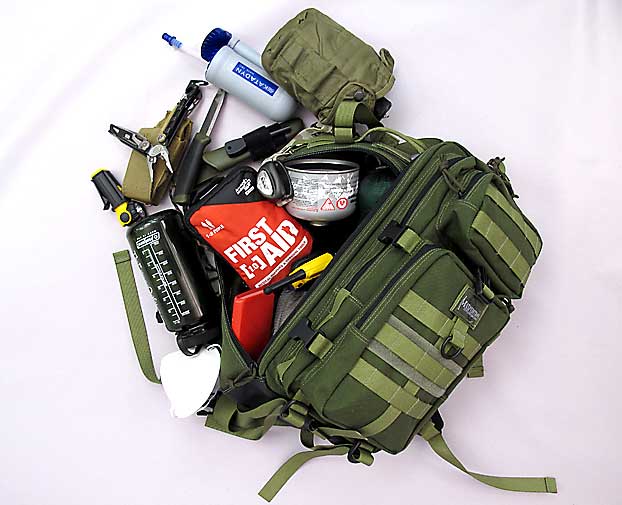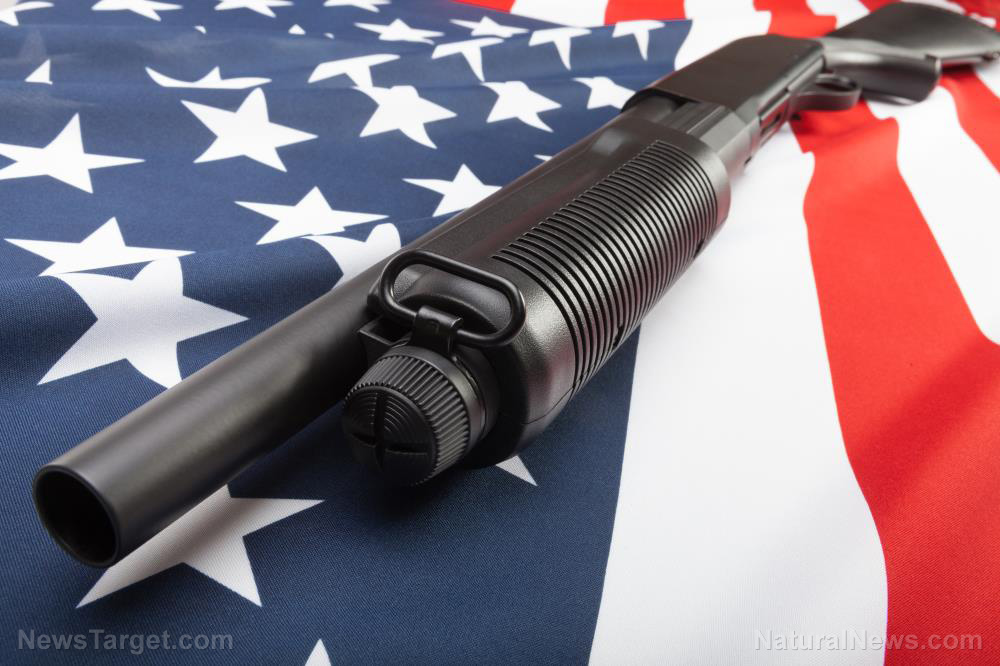Can you use your gun effectively at close range in a combat situation?
08/18/2019 / By Edsel Cook

While most civilian gun carriers know how to shoot and hit their target from a distance – only a few have the skills to use their guns at very close range. In case you get attacked in close quarters, would you know how to fight with your pistol in close combat? (h/t to SurvivalSullivan.com)
There is no need to give up practicing fundamental shooting skills. Guns were designed to engage distant targets first and foremost.
However, you must seriously consider taking up contact training in a peer or group environment. You need to prioritize getting your gun into action at extremely close range with the right shooting technique.
At the same time, you must know how to protect your pistol from getting disabled or captured by your attacker, who might know how to use the gun at close quarters.
Finally, you also have to learn how to open the distance or buy yourself time to get away from the attacker at very close range. Doing so will let you use conventional shooting skills against your attacker. (Related: New survival gear videos from the Health Ranger: Muddy pistols, knife skills and “smart” self-defense training.)
What makes shooting at close quarters different from conventional firefights?
Conventional shooting techniques use both hands in firing the gun. Two-handed shooting stances improve the stability of the weapon and make the shots more accurate.
Shooting at close quarters, on the other hand, only uses one hand to wield the gun. The other hand is busy fending off the attacker to protect both the gun carrier and the weapon.
In this scenario, the defender has to keep his gun close to the side of his torso. Doing so helps shield his pistol from the attacker, who may be trying to disarm him.
However, keeping the gun near the body during a struggle increases the risk of the defender accidentally discharging the weapon and shooting himself. He needs lots of training to reduce the chances of injuring or killing himself.
The best way to train the skills needed for shooting close quarters is to practice against another person. The prepper and his partner should train on fending off attacks, grappling the opponent, keeping the pistol from getting captured, and shooting from the retaining position.
Knowing how to use a gun at close range is vital for self-defense
The best way to start learning how to shoot at close range is to sign up with official training programs. Look for legitimate trainers who specialize in teaching close-quarters shooting skills.
A good trainer will put you through the paces of using a gun at close range. He will also integrate your skills with range evolution for use in practical scenarios.
After learning everything there is to know about shooting at close quarters and the best training drills, you may consider organizing an unofficial training group with other similarly interested people. By this point, you and your training buddies will have the necessary skills in shooting, unarmed combat, and close-range shooting to set up effective drills and training scenarios.
For serious but safe training in close-quarters shooting, you need to get dummy or airsoft guns, simulated ammunition, and other marking firearms. You will also require protective equipment like cups, headgear, and mouth guards used in amateur boxing and the like.
Close quarters training sessions will be physically and mentally taxing. An actual fight will be even more exhausting and potentially deadly. To protect yourself and your loved ones, you need to be in excellent mental and physical condition for both training and the real deal.
Sources include:
Tagged Under: close combat, close-range shooting, firearms, guns, how-to, preparedness, Preppers, prepping, Self Defense Training, self-defense, shooting skills, shootings, weapons
RECENT NEWS & ARTICLES
COPYRIGHT © 2017 GEAR.NEWS
All content posted on this site is protected under Free Speech. Gear.news is not responsible for content written by contributing authors. The information on this site is provided for educational and entertainment purposes only. It is not intended as a substitute for professional advice of any kind. Gear.news assumes no responsibility for the use or misuse of this material. All trademarks, registered trademarks and service marks mentioned on this site are the property of their respective owners.



